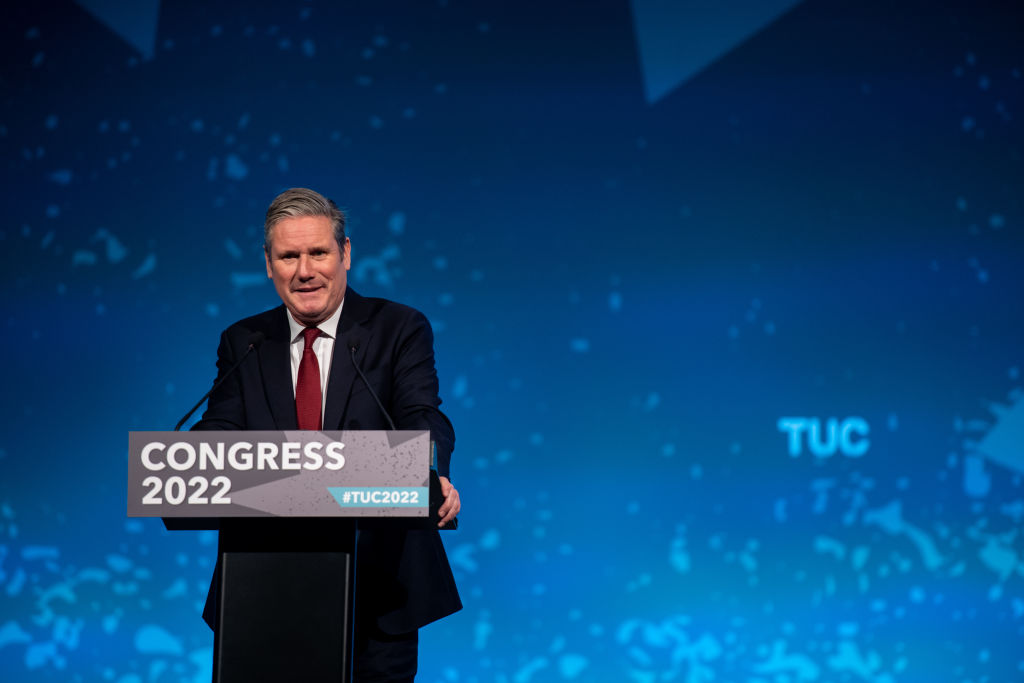Ignore the soothsayers, the next election is still up for grabs if our economy settles

The Conservative Party has always been a ruthless electioneering machine. Liz Truss’ resignation after just 44 days in office is the latest example. Once it appeared she was going to lead the party into the political wilderness at the next election, MPs made it impossible for her to stay.
But the question still lingers: is there anything a new leader can do to turn around the Tories’ electoral chances? The pathway to a potential Conservative victory in the next general election is looking very narrow, but not altogether written off. A Labour victory would require a Tory implosion and a Labour revival; whilst the latest polls suggest that is underway, there is still a way to go before Starmer can get his hands on the keys to No.10.
Divided parties don’t win elections. The Conservative Party has done a stellar job of looking like a house divided recently, but the Tories’ key strength has always been their chameleon-like ability to adapt and change as the electoral winds dictate. In the last few years, fierce internal divisions over the EU, and then over the Brexit deal looked like the potential death of the party, but they always managed to find a way to put these aside and unify for the electoral sake of the party.
The Tories’ shape shifting nature plays in their electoral favour. Despite putting on an unusually peaceful performance at party conference, the Labour Party is still a series of delicate coalitions waiting to blow up. Starmer is commanding the authority of the parliamentary party right now, but the unification of the Labour Party is fragile. It could be broken at any time, and unlike the Tories, they may not be able to piece themselves back together again so rapidly.
The biggest issue the Conservatives face is the loss of the mantle of economic competence; their single greatest election tool. It is not to say, however, that Labour have sealed the deal: it is still an uphill battle to prove they can be trusted. Remarkably, Liam Byrne’s “I’m afraid there is no money” note still comes up in focus groups. Labour are still internally concerned about having a repeat of the 1992 election. Back then, despite the high interest rates, rising unemployment and a recession following on from over a decade of Tory rule, they still fell short at the polls.
Starmer is on a high right now, but he is known to flounder under pressure. He still ties himself in knots over matters the Labour party has typically been divided over, such as immigration, the Union, and the economy.
Last week he announced to the Trade Union Congress that a Labour government would tear up any laws undermining the right to strike – a political hot potato as the UK faces a winter of discontent and potential mass strikes.
The next Conservative leader needs to start pressing Starmer on these issues right away. Push the right buttons and the Labour leader, or his party, could quickly unravel.
Under a new leader, the Tories will have to finally deliver a proper domestic agenda. This has been very hard over the last two years due to black swan moments like the pandemic and the war in Ukraine. Levelling up, net zero and tackling the housing crisis are just some of the policy areas the Tories need to make inroads on.
An equally big headache is finding a compelling electoral offer for young people,sorting out the Conservative’s glaring issue of a distinct lack of support in the under 30s.
However, if a week is a long time in politics, two years truly is a lifetime, so I wouldn’t count the Tories as down and out just yet.
